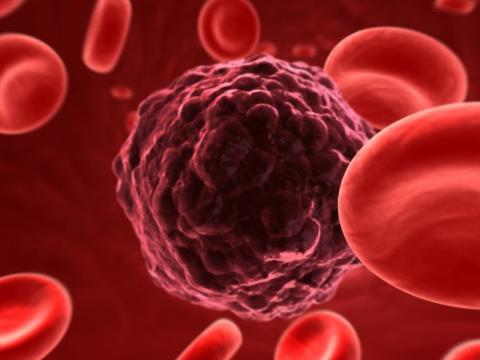One third of cancers are preventable – reduce your risk now

To mark Cancer Prevention Week (9–15 May 2011) the Public Health Agency (PHA) has highlighted that although around 9,000 new cases of cancer are diagnosed each year in Northern Ireland, one third of cancers are preventable and early detection helps successful treatment.
The PHA has outlined some steps that can reduce the risk of getting cancer:
- If you smoke, try to stop.
- Keep your drinking of alcohol within safe limits.
- Take regular exercise and aim to keep your weight within the healthy range.
- Eat plenty of fruit and vegetables – at least 5 portions each day.
- Avoid getting sunburn – use sunscreen and a hat. Do not use sunbeds.
- If your daughter or a teenager you know is offered the vaccine against cervical cancer (HPV), encourage her to take it.
For cancer, the stage of disease at the time of diagnosis can affect survival. Northern Ireland has cancer screening programmes in place to help detect the first signs of cancer, therefore aiding successful treatment. These include cervical, breast and bowel cancer screening. Teenage girls are also offered HPV vaccine to help protect against cervical cancer.
Dr Tracy Owen, Consultant in Public Health Medicine, PHA, said: “We know that if cancer is diagnosed early, a person is more likely to survive. It is therefore important to increase public awareness of warning signs which need to be investigated to ensure speedy diagnosis. We want everyone to also know what they can do to reduce their risk of cancer.
Dr Owen added: “I would urge everyone to take note of the simple ways to reduce their own cancer risk, and those eligible for screening, to avail of cancer screening when invited.”
For more information on Northern Ireland cancer screening programmes visit www.cancerscreening.hscni.net
Contact PHA Press Office on 028 9031 1611.
Cancer prevention week runs from 9– 15 May 2011.
Some examples of symptoms which need a visit to your GP are:
- Coughing up blood.
- Having a mole which begins to change, such as getting larger, inflamed or developing irregular edges.
- A change in your normal bowel habit lasting four weeks or more.
- Starting to bleed again after the menopause.
- Mouth ulcers that have not healed after three weeks.
